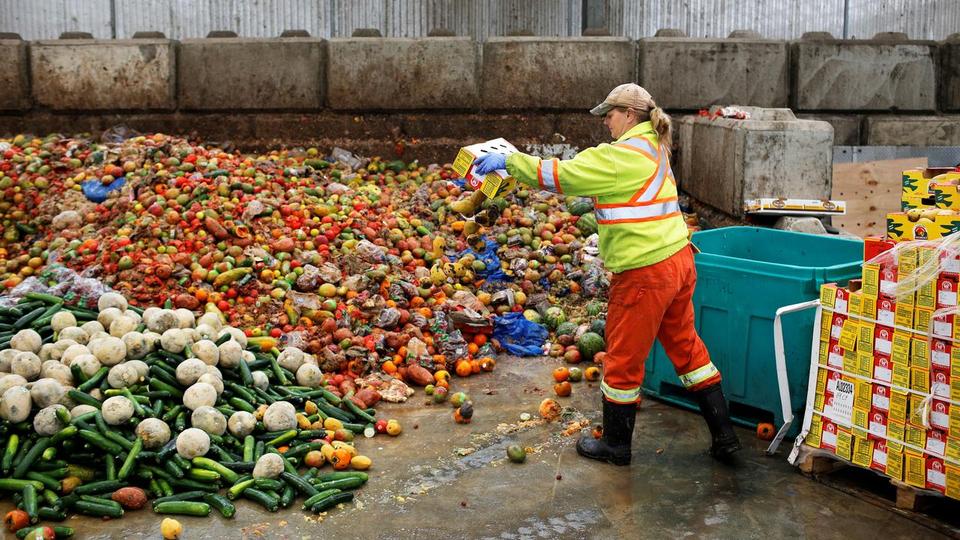
The adage “waste not, want not” has never been more applicable than it is right now, given the global food waste epidemic. Discarded food makes up an astonishing 60% of household waste, which has serious effects on the environment, economy, and food security. The need for creative and long-lasting solutions to minimize food waste has became more essential as Africa’s population continues to expand. In-depth discussion of food waste, its effects on society, and how decentralized organic waste processing can revolutionize waste management are covered in this article, especially in light of Africa’s rapidly expanding population.
Identifying the Food Waste Problem
Every year, around one-third of all food produced for human consumption is wasted. This food waste’s numerous, far-reaching effects include:
Economic Cost: Food waste puts a strain on resources and raises food costs, costing an estimated $940 billion annually.
Danger to Food Security: Although edible food is thrown out, millions of people struggle with hunger and malnutrition, escalating the problem of global food security.
Environmental Impacts: Food waste contributes to climate change by releasing methane, a strong greenhouse gas, as it decomposes. The resources used in its creation, such as water, electricity, and land, are also wasted when food is wasted.
Identifying the Causes of Food Waste
Food waste comes from a variety of places, such as:
Overproduction: Food is regularly overbought or overprepared by restaurants, households, and retail establishments, resulting in waste.
Cosmetic Standards: Fruits and vegetables that don’t meet strict aesthetic criteria for produce are discarded.
Lack of Knowledge: Unawareness of proper storage, portioning, and expiration dates generally results in food waste in households.
Processing Organic Waste Decentralized: A Revolutionary Approach
A potential answer to the food waste issue is decentralized organic waste processing. Organic waste can be processed at the household or community level to provide useful resources like compost for gardens or biogas for cooking. This strategy offers the following benefits:
Decentralized processing diverts organic waste from landfills, minimizing environmental pollution and the health risks that come with it.
Resource Recovery: Recycling waste into compost and biogas not only saves resources but also fosters a circular, sustainable economy.
Decentralized processing aids in the mitigation of climate change by limiting the release of methane from decomposing food waste.
Community Empowerment: Localized garbage processing fosters participation in waste management by the community and generates employment possibilities.
Every family should have a small digester or compost system for their garden, and if it’s a low-income neighborhood, we can construct a large compost or biogas system that will serve the entire neighborhood. I sincerely hope that both the government and people will pay attention to this. But, the solution is close enough for everyone to get there on foot, so they can deliver the food there. Can you imaging how much of a game changer it would be if 60% of the waste would not need to be processed any more.
a summons to action
Decentralized organic waste processing has the potential to reduce the crisis of food waste and advance sustainability. The demand for such revolutionary solutions is greater than ever as Africa’s population continues to rise. We can all contribute to a greener, resourceful future by embracing decentralized waste processing.



